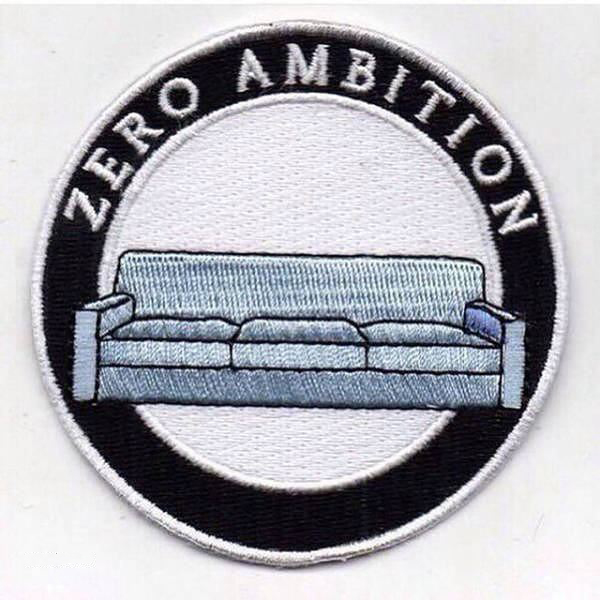Way back in 2002, Take Two Entertainment released an extremely violent and controversial game called State of Emergency. It was similar to their Grand Theft Auto franchise because the character could roam freely and rampage, indulging in murder and mayhem.
State of Emergency increased the violence in Grand Theft Auto to the point where you could run through the mall killing everyone with a flamethrower or cut off heads with a Samurai sword and then beat other people up using the decapitated head as a club. Extra points are given for destroying windows. The entire game is basically a violent, destructive and nihilistic riot.
Its plot involves a USA where government and social order has failed. An economic crisis has forced out government, replacing it with “The Corporation,” a shadowy mega-corp with a paramilitary police force that overthrows the vestiges of government and establishes a police state. The player joins a revolutionary movement to overthrow The Corporation.
State of Emergency is interesting because its the first video that put the current leftist violent uprising we see today into an American context. It could be viewed as a playbook for riots like the ones that currently seem to rage unchecked across America. Even more, it is a blueprint for resisting any force which threatens to displace government, with extra paranoia against business.
In the game you join a gang and fight security forces by using terrorism. The main character in the game is ex-military like the perpetrators of recent anti-police violence. This game drew some heat from US politicians when it came out, much as a few years later, SJWs and other nanny state do-gooders started complaining about violence, “sexism” and “racism” in video games. This followed the freakout of an earlier time over misanthropic empathy-reducing video games like Carmageddon.
Another controversial game that got pretty much almost banned was 25 to Life. It drew criticism because in the game you join a gang and get promoted for killing cops. This game has mirrored true life events where members of street gangs have participated in riots, killed police and been killed by police after committing crimes, creating a touchstone for riots in the streets.
Video games are more important than most people realize. Not only are they a major industry that is slowly taking over from film, but they are also the primary activity of an army of unemployed, idle young men, who are generally the core constituency of both terrorism and revolutions:
In the 2000s, employment rates for this group dropped sharply – more than in any other group. We have determined that, in general, they are not going back to school or switching careers, so what are they doing with their time? The hours that they are not working have been replaced almost one for one with leisure time. Seventy-five percent of this new leisure time falls into one category: video games. The average low-skilled, unemployed man in this group plays video games an average of 12, and sometimes upwards of 30 hours per week. This change marks a relatively major shift that makes me question its effect on their attachment to the labor market.
To answer that question, I researched what fraction of these unemployed gamers from 2000 were also idle the previous year. A staggering 22% – almost one quarter – of unemployed young men did not work the previous year either. These individuals are living with parents or relatives, and happiness surveys actually indicate that they quite content compared to their peers, making it hard to argue that some sort of constraint, like they are miserable because they can’t find a job, is causing them to play video games.
These wonderfully sick games can be a useful tool for society to plan for how to deal with emergencies. Instead of banning and criticizing these video games it is time to realize that they serve as a warning of things to come that we should prepare for as a society. These games are a guide for knowing what type of terrorist attacks we can expect and how to fight organized crime and terror. Look at how the characters doing rampages and violence in these games are stopped: with swiftness, ruthlessness, large numbers, and overwhelming force. Not with half-assed speeches in between golf outings and European vacations.
Tags: 25 to life, carmageddon, gamergate, grand theft auto, metalgate, state of emergency, video games, violence



This author wants the politicians to save him from these video game playing potential terrorists. Not what I would consider metal, but I suppose there is no reason dudes like Stephen couldn’t start a new metal trend about how much they love authority and want to give the cops a big ol’ hug and a new armored vehicle to crush the citizenry with. You in a metal band, Steve? Do you write lyrics about how much you love the government and the police and how they protect your scrawny self from all those scary video gamers?
Want to get something done (other than collecting tax from poor saps who have trouble following idiotic laws)? Replace the police with militias.
Replace the police with feudal underlings or sacrosanct tribunes with the power to cane or axe anyone who accosts them.
Replace police with Shariah patrols, insha’Allah!
Only »swiftness, ruthlessness, large numbers, and overwhelming force« can stop the Pokemons ! Time to ACT !!
I am good at Paper Boy 2 for SNES. That is about as dystopian as you can. Sewer monsters, ghosts, cannons, runaway babies, and an obstacle course at the end of every work day. Life personified.
Seriously though, video games keep you as a child. Grow out of that shit.